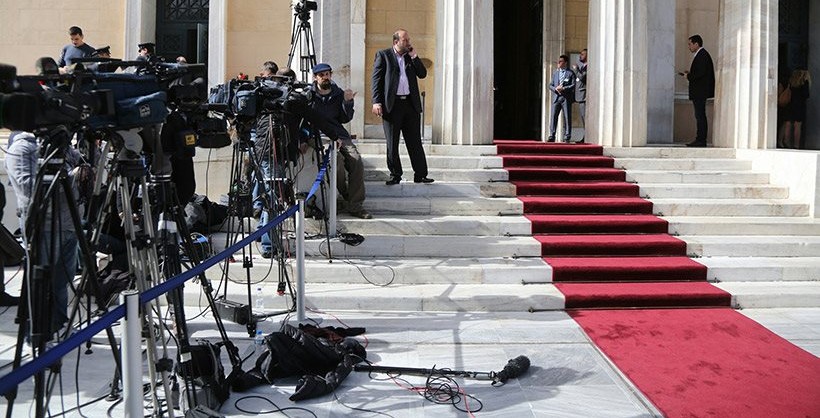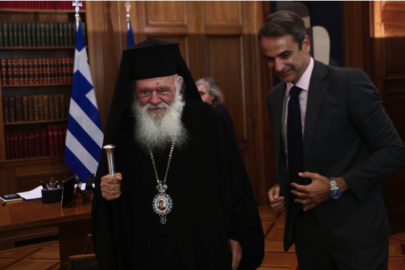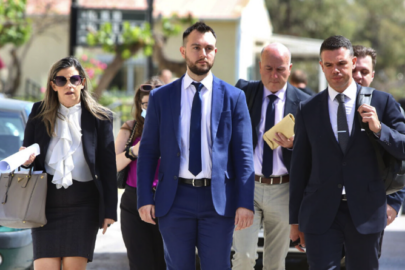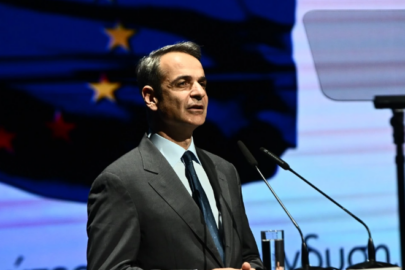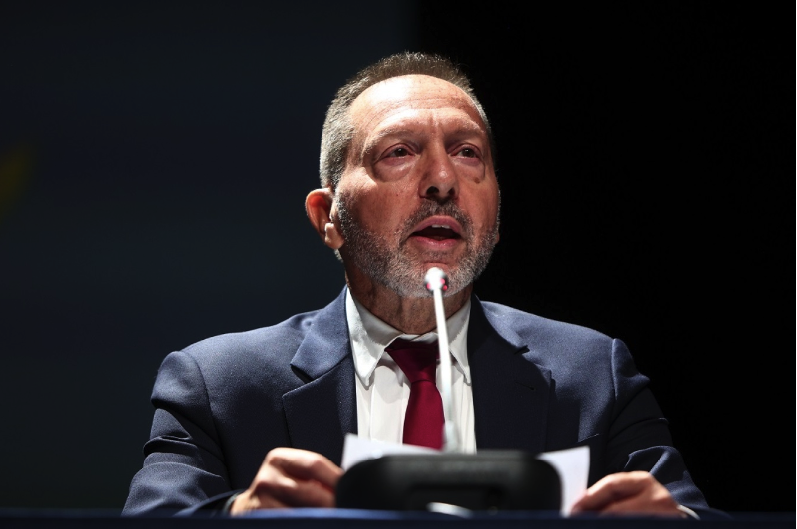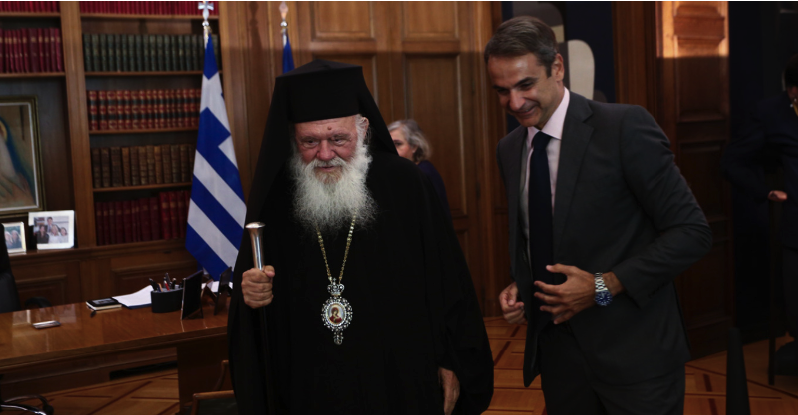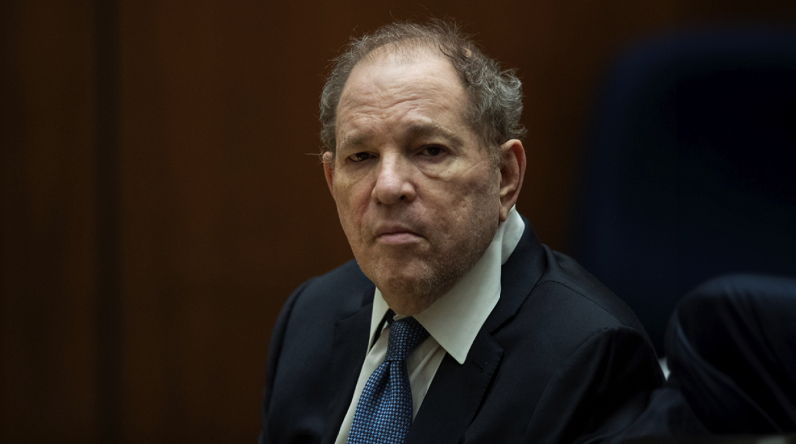The agreement between the Greek government and opposition parties during the session of the parliamentary Presidents’ council on the composition of the new National Council for Radio and Television (NCRTV), Thursday evening, has paved the way for a solution regarding the media landscape in Greece. After 15 months of acrimonious disagreement, with accusations between the government and opposition parties of conflict of interest, nefarious dealings with private economic interests and attempts to control free press, the political parties agreed with 20 votes for and 4 abstentions on the President and the members of the new NCRTV. Athanasios Koutroumanos will head the media watchdog, with Rodolfos Moronis assuming the position of Vice President. Digital Policy Minister, Nikos Pappas, the author of the controversial law that was recently repealed by Greece’s supreme administrative court, the Council of State (CoS), leading to the current impasse on the TV licenses, stated that consent had finally been achieved which opened the path for the TV licenses to proceed under the new NCRTV. The parties arrived at an agreement after the government was essentially forced to back down from all its previous positions, including the claim that the number TV licences should be limited to 4. An aide of Minister Nikos Pappas said that the government would enter into deliberations with the new members of the NCRTV in the near future to explore the prospect of organising a new call to tender for permanent TV licenses. The government source added that if the new media watchdog deemed a lengthy process fir the provision of new licences was necessary, then a formula for the issuing of temporary TV licences would have to be found in cooperation with the NCRTV.
Parties agree on NCRTV composition
Greek government backs down on all its demands

